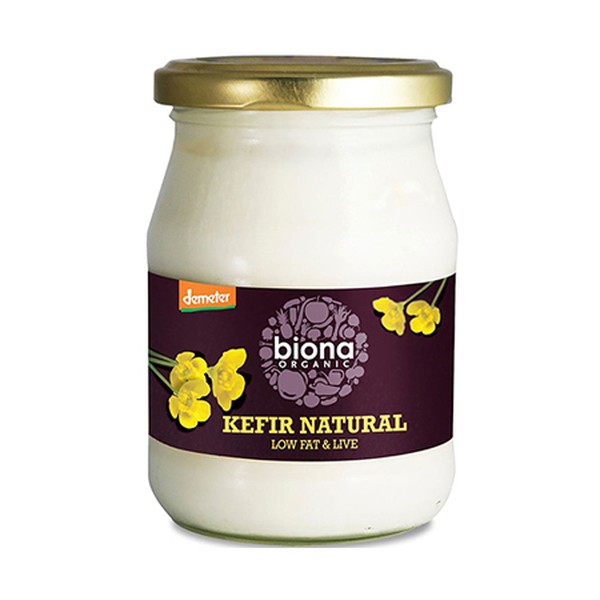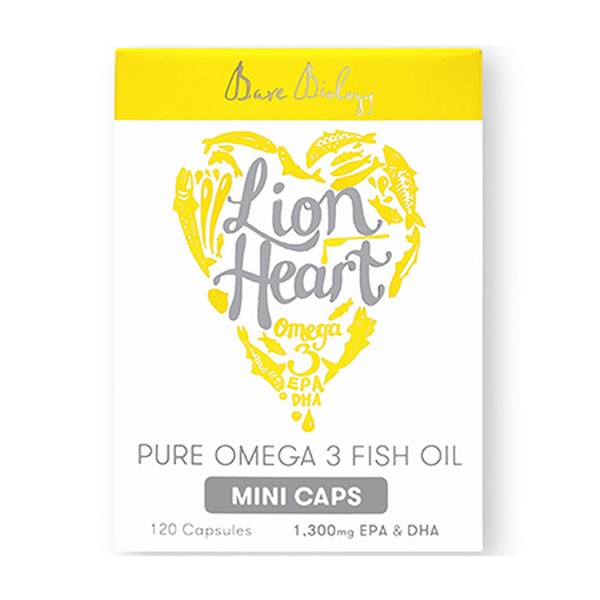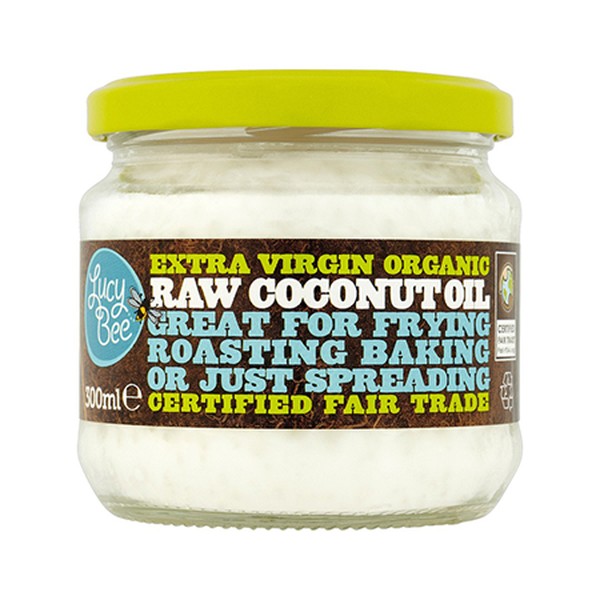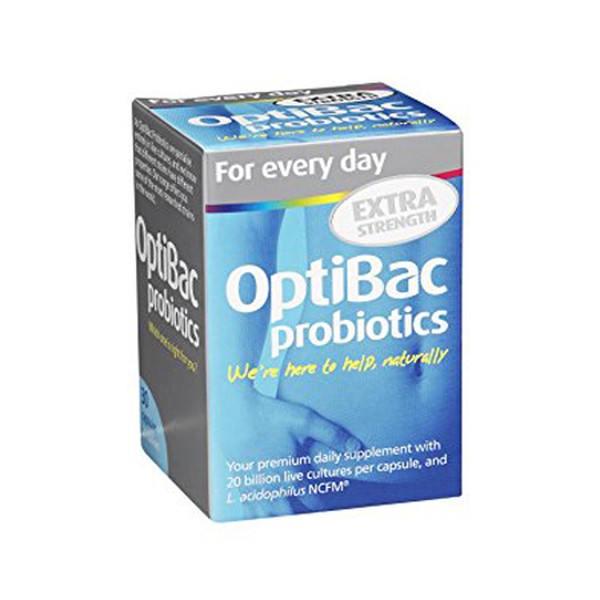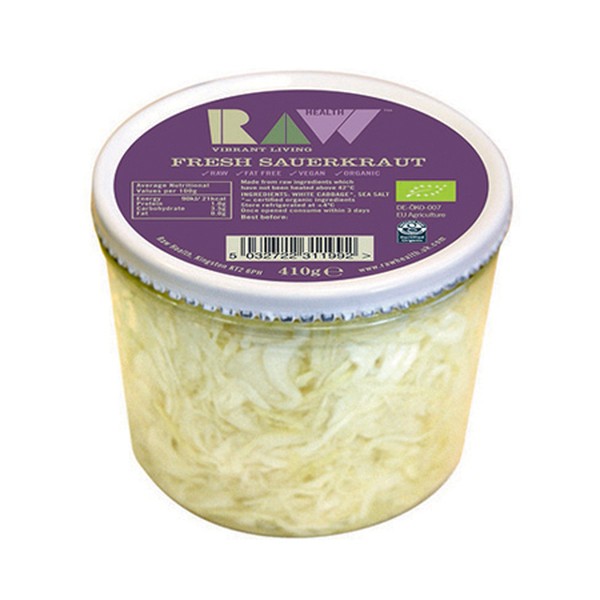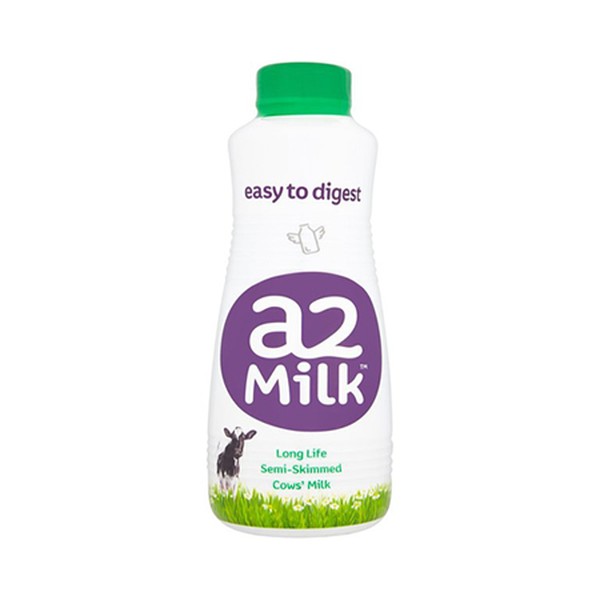8 Simple Nutrition Tips To Boost Your Gut Health
1. Eat Whole Foods
One of the best ways to maintain gut health involves cutting out sugar and refined carbs, as well as boosting your intake of gut-supporting fibre. Your body can’t really digest fibre, it’s the microbes in your gut that can – in fact, they thrive off it, so make an effort to include plenty of soluble and insoluble fibre in your diet on a daily basis. Without adequate amounts of fibre, your gut bacteria will look to alternative sources of food, including your intestinal wall. As Nutritionist Rhiannon Lambert says, “Unless you’re a strict vegan or vegetarian, chances are you’re not eating enough fibre. Pretty much everyone could benefit from boosting their intake – aim for around 30g per day.”
2. Supplement Smartly
Beyond the numerous benefits (including reducing inflammation), studies have found omega-3 fatty acids can support a healthy gut. If you don’t tend to eat wild-caught fatty fish on a regular basis, try to incorporate a good-quality omega-3 supplement into your diet. Research carried out by the University of Nottingham last year revealed taking omega-3s as part of a healthy diet can improve the diversity of the gut microbiome. A more diverse microbiome is associated with a lower risk of diabetes, obesity and inflammatory gut diseases such as colitis or Crohn’s – we love Perricone MD’s Omega 3..
3. Variety Is Key
Gut expert Jeannette Hyde is a big champion of diversity when it comes to your gut, saying you should be eating at least 30 different types of vegetables, herbs and fruits per week. This may sound like a lot but it adds up quickly, especially if you think outside the box. – for example, starting your day with a herb omelette with some greens alongside a green juice will set you up well for the day.
4. Pop A Probiotic
Did you know your gut is teeming with trillions of bacteria, which provide nearly a third of your body’s vitamins and chemicals? If you want to fortify your body’s ability to absorb nutrients, start getting as many of the good guys into your gut as you can. Taking a high-quality, time-released formula that delivers a variety of live organisms deep into your gut is a must – we love OptiBac Probiotics For Every Day Extra Strength. You can also get probiotics naturally by consuming fermented foods – think natural yoghurt, sauerkraut, kimchi (Korean fermented vegetables) and kefir. Stick it out with probiotics – it’ll take at least a couple of weeks to see any real benefit.
5. Avoid Artificial Sweeteners
While it’s tempting to think artificial alternatives are better than regular sugar, they could be doing more harm than good. Although they boast few to no calories, the subsequent health effects could be worse than a higher calorie count – a 2014 study found artificial sweeteners can increase the amount of bad bacteria in our gut, which in turn can trigger serious health problems such as obesity, diabetes and high blood pressure. Also be wary of stevia, which is considered one of the better sweetener alternative, although the jury’s out on its effects on the gut.
6. Add More Coconut
Countless studies have demonstrated the anti-inflammatory and weight loss benefits from adding Medium Chain Triglyceride or MCT oils to your diet – both coconut oil and coconut butter are packed with these fat-burning MCTs. Research has also shown that when the medium-chain fatty acids in coconut oil reach your gut, it turns into monolaurin, a powerful antimicrobial agent which helps to regulate the bad bacteria in your stomach.
7. Be Wary Of Dairy
We all love a splash of milk in our coffee but dairy can be a common gut culprit. As dairy cows have evolved over the years, they’ve begun to produce a secondary strain of protein called the A1 protein – this genetic mutation is entirely natural for cows but, unfortunately for milk lovers, A1 has been pinpointed as a possible cause for the discomfort and bloating many experience after ingesting dairy. Consider upgrading to an easy to digest A1-free milk option (A2 milk is stocked in supermarkets nationwide) or try a dairy-free alternative.
8. Consider Prebiotics
Prebiotics feed probiotics and are worth considering for optimal gut health. The benefit of taking probiotics with prebiotics is you are effectively covering all ground; replenishing the body’s good bacteria and also feeding the probiotics for a longer lasting effect. Prebiotics are available in many foods that contain a fibre called inulin, including artichokes, garlic, shiitake mushrooms, leeks, onion, bananas and rocket. However, if your body doesn’t have enough natural bacteria (i.e. probiotics) in the gut, it would make more sense to take a probiotic supplement over a prebiotic, which would merely stimulate the growth of probiotics already in the system.
DISCLAIMER: We endeavour to always credit the correct original source of every image we use. If you think a credit may be incorrect, please contact us at info@sheerluxe.com.

